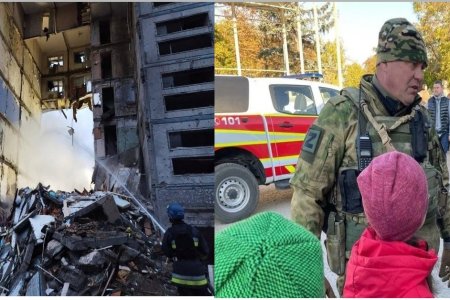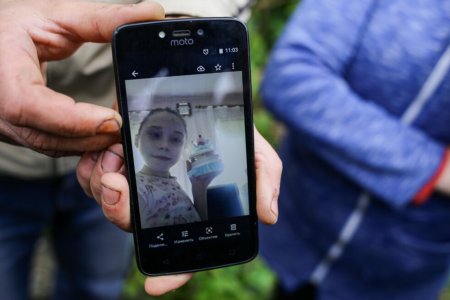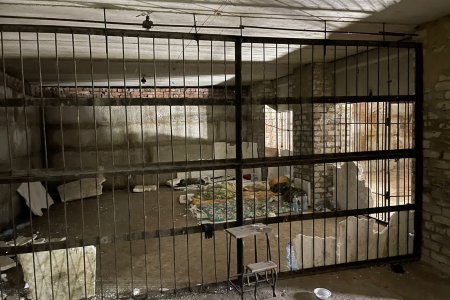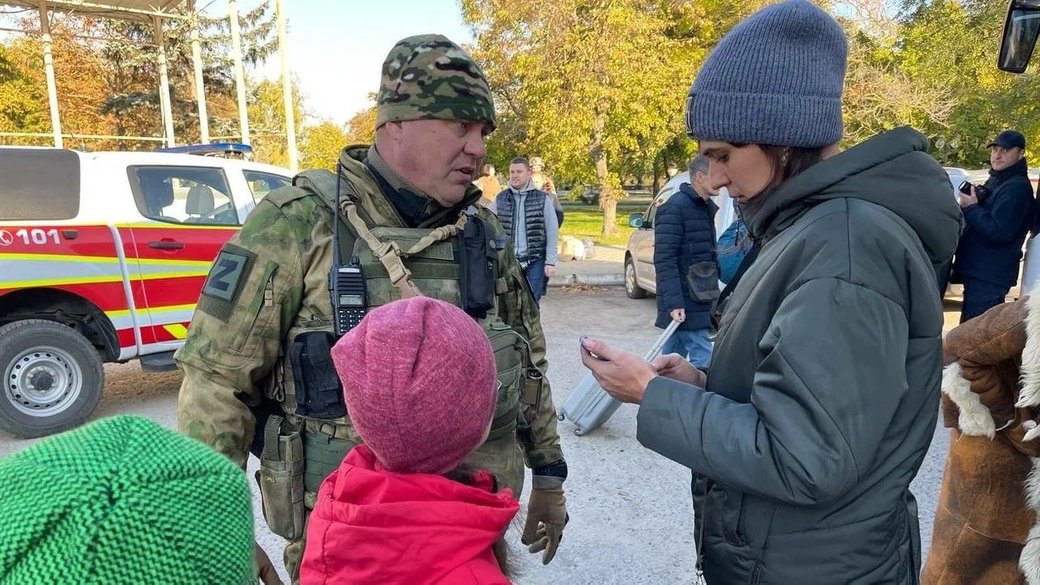
According to the independent Vazhniye Istoriii, over one thousand Ukrainian children have not only been taken to Russian illegally out have been placed under temporary guardianship with Russian families. This is over three times the number officially acknowledged and, if correct, is of immense concern as there is plenty of evidence that Russia is not adequately verifying whether the children thus abducted have parents of other relatives.
Any such abductions are in violation of international law, and it is just possible that the real figures are now being hidden from the International Criminal Court at the Hague. As reported, on 17 March 2023, the ICC Chief Prosecutor announced that arrest warrants had been issued against Russian president Vladimir Putin and his so-called commissioner on children’s rights, Maria Lvova-Belova over “the unlawful deportation and transfer of Ukrainian children from occupied areas of Ukraine to the Russian Federation.” Another possible reason for varying figures is more banal. Russian public officials have used photo shots with children supposedly ‘rescued’ from Ukraine for propaganda purposes. What happens to the children later is probably of less, or no, concern.
Russiye Istorii [Russian Stories] notes that estimates as to the number of children effectively abducted and taken, without legal representatives, to Russia vary from 4.4 to 19.5 thousand. Only some of these children have been taken into temporary care by Russian families.
Lvova-Belova has, on several occasions, stated that 380 children have been placed in families and has even claimed to have ‘adopted’ one teenager herself. At the beginning of June 2023, she told the state-controlled RIA Novosti that 380 children from Donbas (the Donetsk and Luhansk oblasts of Ukraine) had “gained new families” and that “not being separated from their brothers and sisters, they had moved to 19 Russian regions.”
For the purpose of its probe, Important Stories are assuming that these are the same children as the 1184 children whom they have identified as having been placed with families in Rostov oblast. This is worth stressing since Lvova-Belova is clearly talking about children placed permanently with Russian families. Russia’s foreign minister, Sergei Lavrov, however, has claimed that around 300 children have been passed into temporary care with Russian families, with this temporary because any relatives, if they appear, have the right to come and collect the children. He also denied that Russia is concealing the children’s real names. Lavrov is, yet again, demonstrating his highly specific attitude to the truth. We know, for example, that among the children deported to Moscow region from Mariupol were three siblings whose father Yevhen Mezhevyi had been seized by the Russians while trying to evacuate the children and imprisoned in a so-called ‘filtration camp’. It was thanks to his eldest son’s fast-thinking and an NGO that Mezhevyi succeeded in rescuing his children just before they were handed over for Russian ‘adoption’. Many cases have also been documented where children’s names have been changed, making it exceptionally difficult to later find them. In early April 2023, Lvova-Belova admitted that Russia’s FSB had actively prevented a 17-year-old Ukrainian teenager, Bohdan Yermokhin, from returning to Ukraine after he was illegally deported to Russia from Mariupol. It is clear simply from those cases where the NGO Save Ukraine, or others, have succeeded in returning children to Ukraine that very many children were forcibly removed without any attempt to find their relatives, and with no concern for the children’s own wishes. 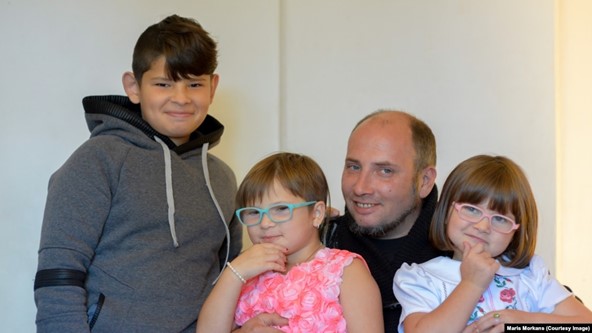
Important Stories quotes the Rostov regional government’s report for 2022 which states that 1,184 children “who arrived without legal representatives from the territory of Donbas and Ukraine” had been placed in temporary care. The journalists note that it is unclear what status these children have. They could be orphans taken from children’s home in occupied territory (as Lavrov claims) or children who lost their parents during the military conflict (or because the Russians seized their parents, as in the case of Yevhen Mezhevyi). It is also unclear how many of these children have remained with the Russian families. A temporary guardian, it seems, is appointed for six to eight months. If during that time, they do not organize permanent care, the guardianship ends.
It is likely that not all of the 1,184 children remained in Rostov oblast (region) as the education ministry’s report gives a much lower figure of children placed in temporary care (534). It is hard to reliably establish where the children were taken, and whether they were orphans. The journalists tried to find out from the Rostov regional education ministry, however the latter refused to speak with them by telephone and failed to respond to a written request for information. Lavrov’s claim that Russia is not concealing the identity and whereabouts of the children is clearly false.
Using open sources, Important Stories located 290 children from Ukraine in 23 different Russian regions, with the largest number in the Novosibirsk region. These children, they assume, were placed with Russian families between April and October 2022. Here too, the reason is banal: reports of such mass movement of deported Ukrainian children stopped appearing in the Russian media from November 2022.
On 26 October 2022, Lvova-Belova spoke of 350 Ukrainian ‘orphans’ having been placed in Russian families, and mentioned plans to do the same with a further one thousand children from the Russian proxy ‘Donetsk and Luhansk people’s republics’ [i.e. occupied Donbas]. Nothing more has been reported about the latter claim.
In March, Important Stories tracked down 2,500 Ukrainian ‘orphans’ whom Russia was seeking to turn into ‘Russian citizens’. These were children who had been added to Russia’s federal database of orphans up for adoption.
The deportation of children is already a clear war crime under the Rome Statute of the International Criminal Court, and Russia is also making it quite clear that it is placing Ukrainian children with Russian families without making any attempts to check that the children are orphans. There is also a huge weight of testimony and other documented evidence of children being placed in effective ‘re-education’ camps.
All of the above prompted the ICC to initiate criminal proceedings against Putin and Lvova-Belova over suspected war crimes under the relevant parts of Article 8 of the Rome Statute.
This is not, however, the only international crime over which Russia and its leaders should be held to account. In listing “acts committed with intent to destroy, in whole or in part, a national, ethnical, racial or religious group”, the Convention on the Prevention and Punishment of Genocide specifically names “forcibly transferring children of the group to another group.” [Article II(e)]. More details here: Russia's forced deportation of Ukrainian children is genocide with identifiable perpetrators

